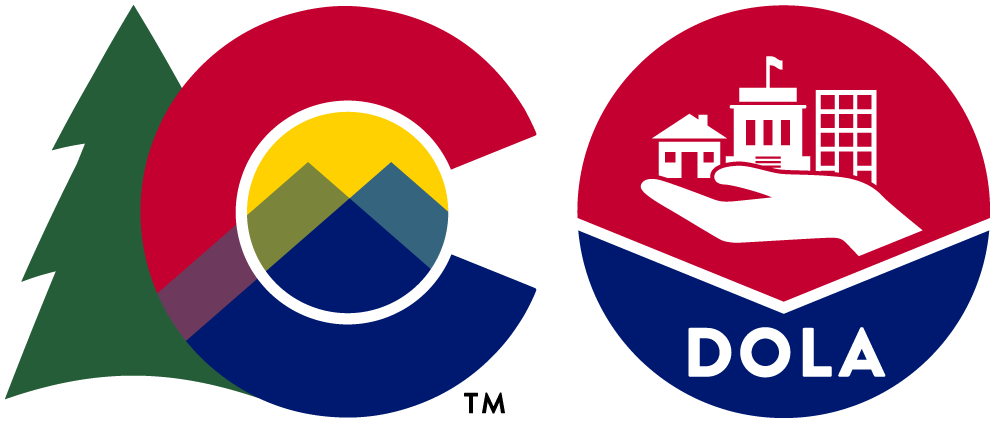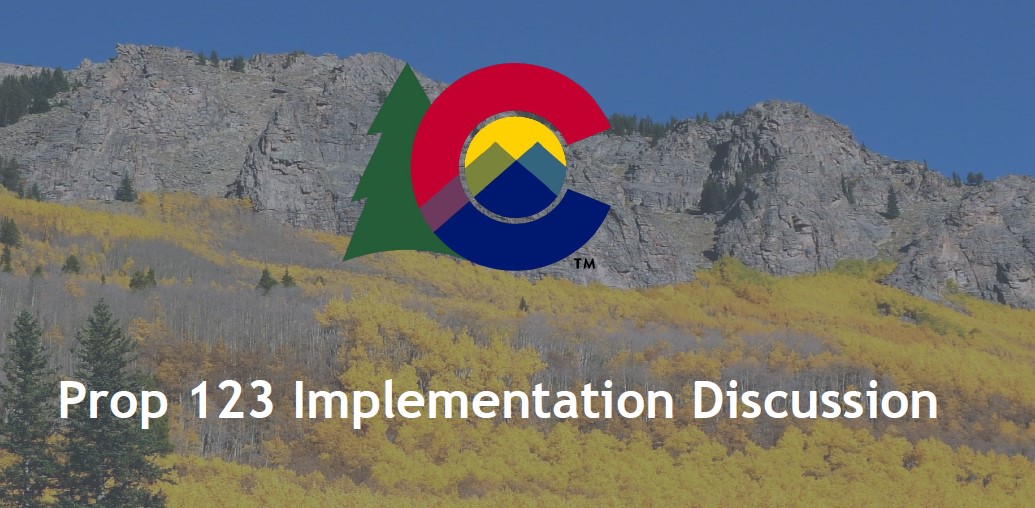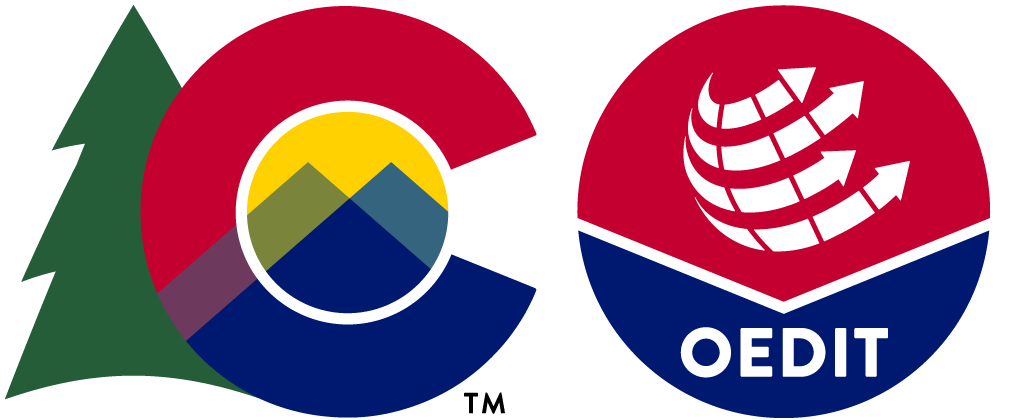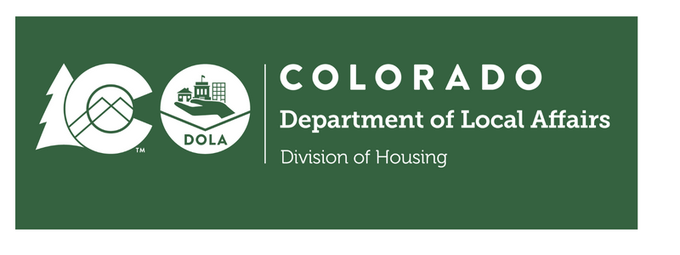2023 Legislative Priorities
CCI priorities for the 2023 Legislative Session include the following:
Currently, kin who have been convicted of certain offenses are
disqualified from being considered as a potential placement option
for kids in the child welfare system. Amend C.R.S. 19-3-406 &
C.R.S. 19-3-407 to clarify the convictions that disqualify someone from consideration, to reflect new crimes that have been added over the years, and – in some cases – to specify timeframes for convictions.
CCI Staff: Gini Pingenot
Final Status: Signed by Governor
Under current application of the Equal Pay Act (C.R.S. 8-5-201), employers must post a job notification on their website when an employee receives a promotion in an existing role or class of job. This places an extra administrative burden on Human Resources and is unnecessary for those progressing along a pre-defined advancement track. Seek reforms to the Equal Pay Act relating to job reclassification, auto flex employee advancement and other promotions in order to provide flexibility and relief for organizations that are moving employees along a pre-defined advancement track or updating job descriptions that qualify employees for adjusted compensation.
CCI Staff: Eric Bergman
Final Status: Passed, awaiting Governor’s Signature
Many county-owned landfills closed years or decades ago in accordance with regulations at the time of closure. As the state continues to identify new emerging contaminants, addressing any environmental or public health risks from closed landfills is important. However, because counties are the fiscal agents of county resources and face restraints imposed by the Taxpayer’s Bill of Rights (TABOR) to generate additional revenue, counties cannot take on environmental remediation of closed landfills alone. Create a new grant program, or expand an existing one, to provide funding for environmental remediation and maintenance of closed public landfills.
CCI Staff: Reagan Shane
Final Status: Passed, awaiting Governor’s signature
Increased visitation to state parks and wildlife areas is taking a toll on locally maintained roads that service these state assets. Authorize local governments to 1) assess an additional fee on daily vehicle passes, and 2) create a grant fund using dollars over the state’s financial goals for the Keep Colorado Wild pass, to which local governments can apply in order to fund the maintenance of local roads leading directly to state parks and wildlife areas.
CCI Staff: Gini Pingenot
Final Status: Passed, awaiting Governor’s signature
PAST: Legislative Committee Meeting
Friday, October 7
- Goal: selection of Legislative Agenda & approval of 2023 Policy Statement
- Voting Procedures: 65% vote required for adoption; only the county’s designee may vote
PAST: Proposed Issues Discussion
Friday, September 23
- Goal: discuss proposed 2023 issues & proposed edits/additions to policy statement
- Voting Procedures: no votes are taken to forward or remove a proposed issue from consideration
- The proposal’s proponent may request a straw poll to gauge support for the concept
PAST: Proposed 2023 Legislative Issues Discussion
Friday, July 15
- No votes will be taken; discussion/feedback only
- Proponents of each issue will be asked to explain the proposal, field questions and solicit input from their peers











